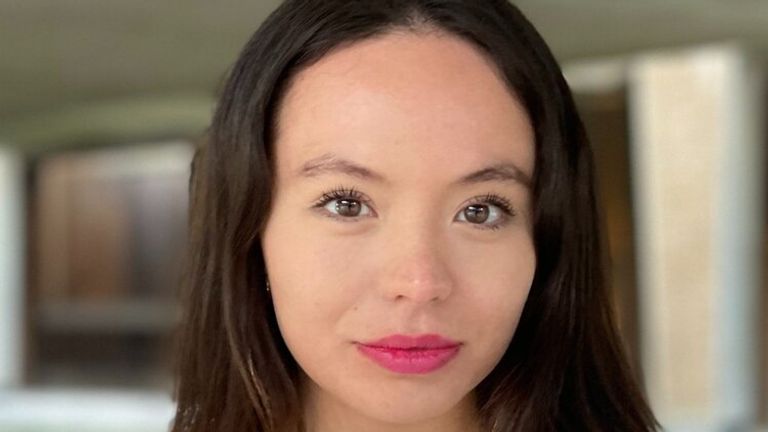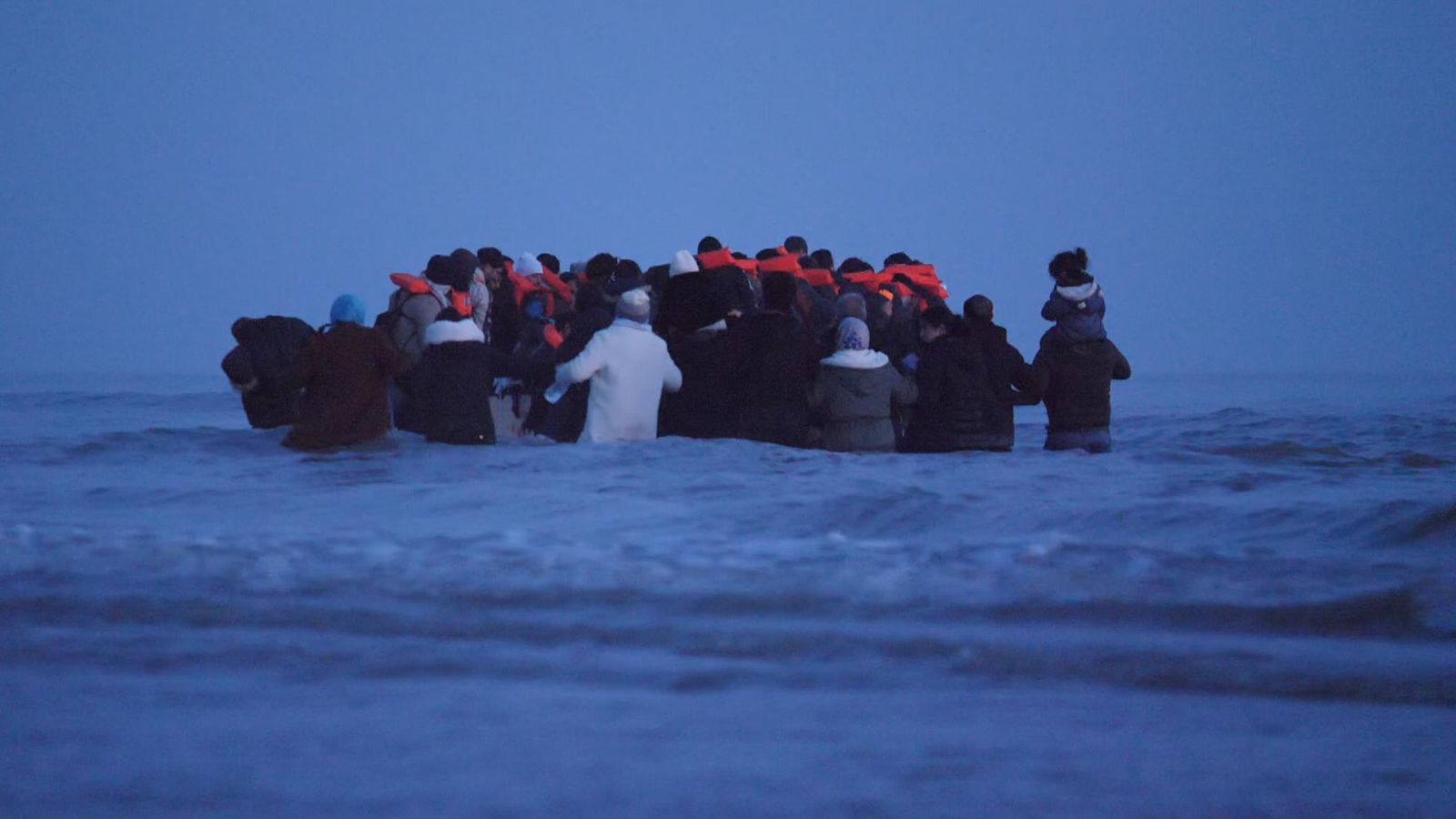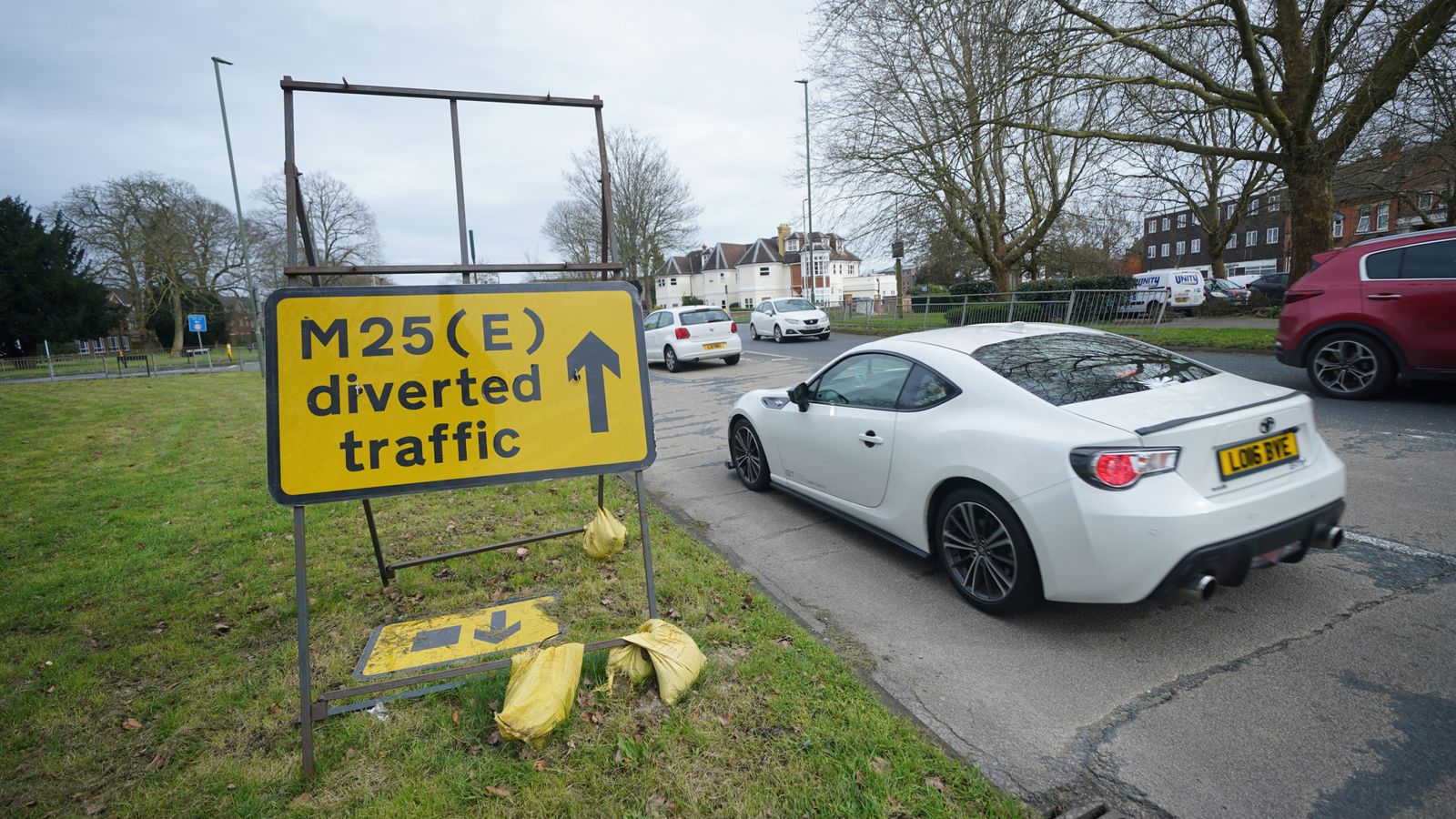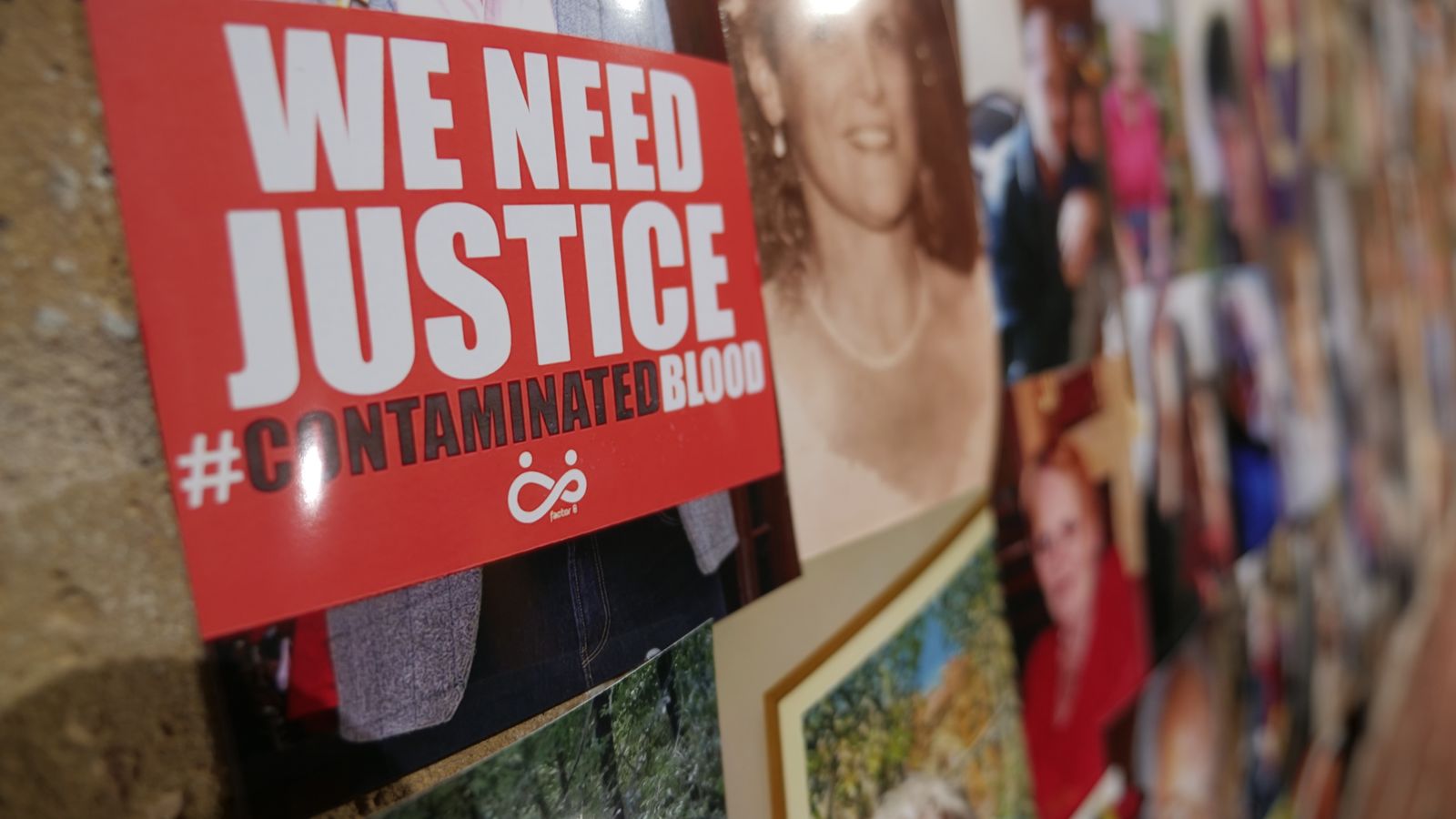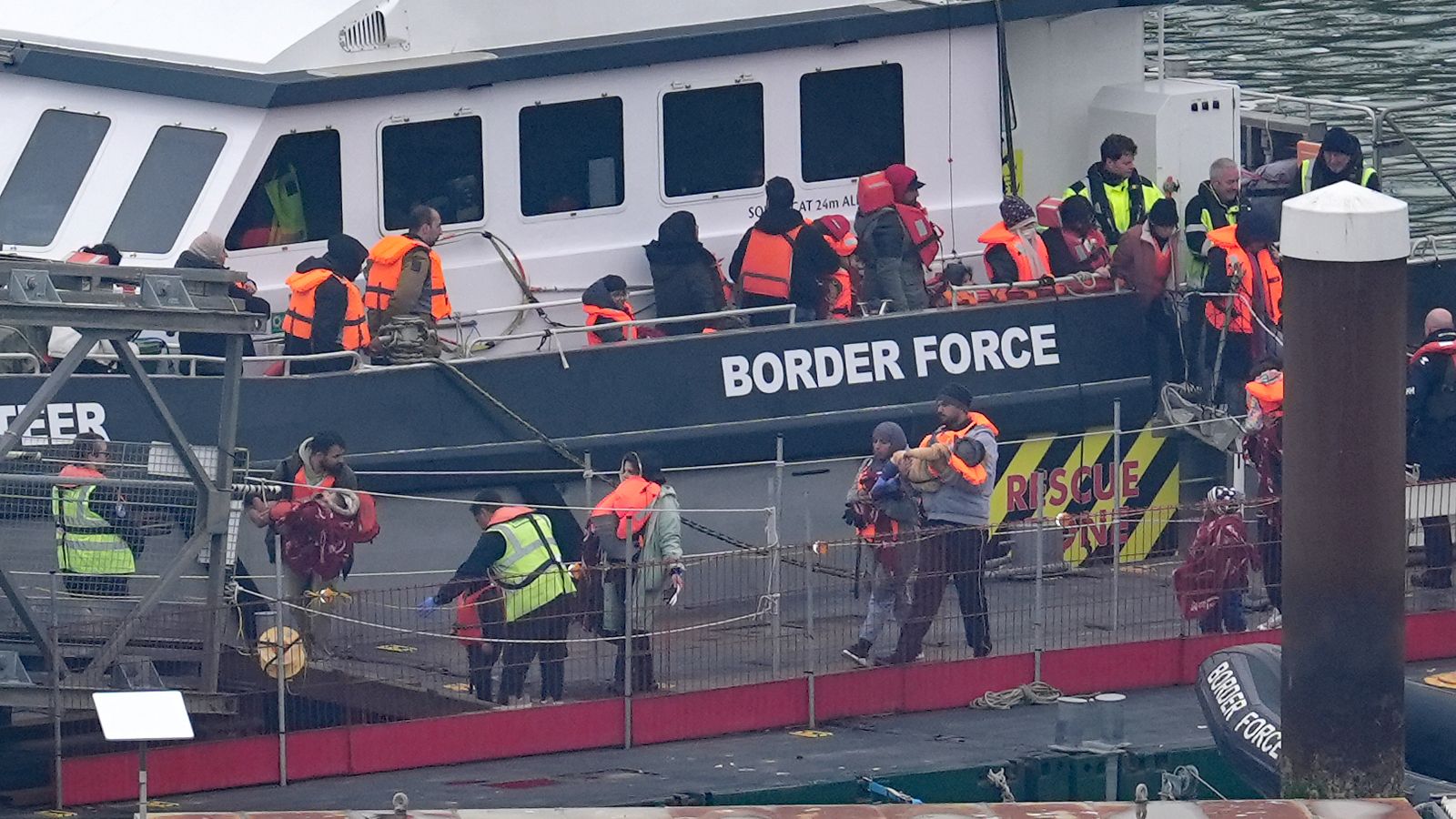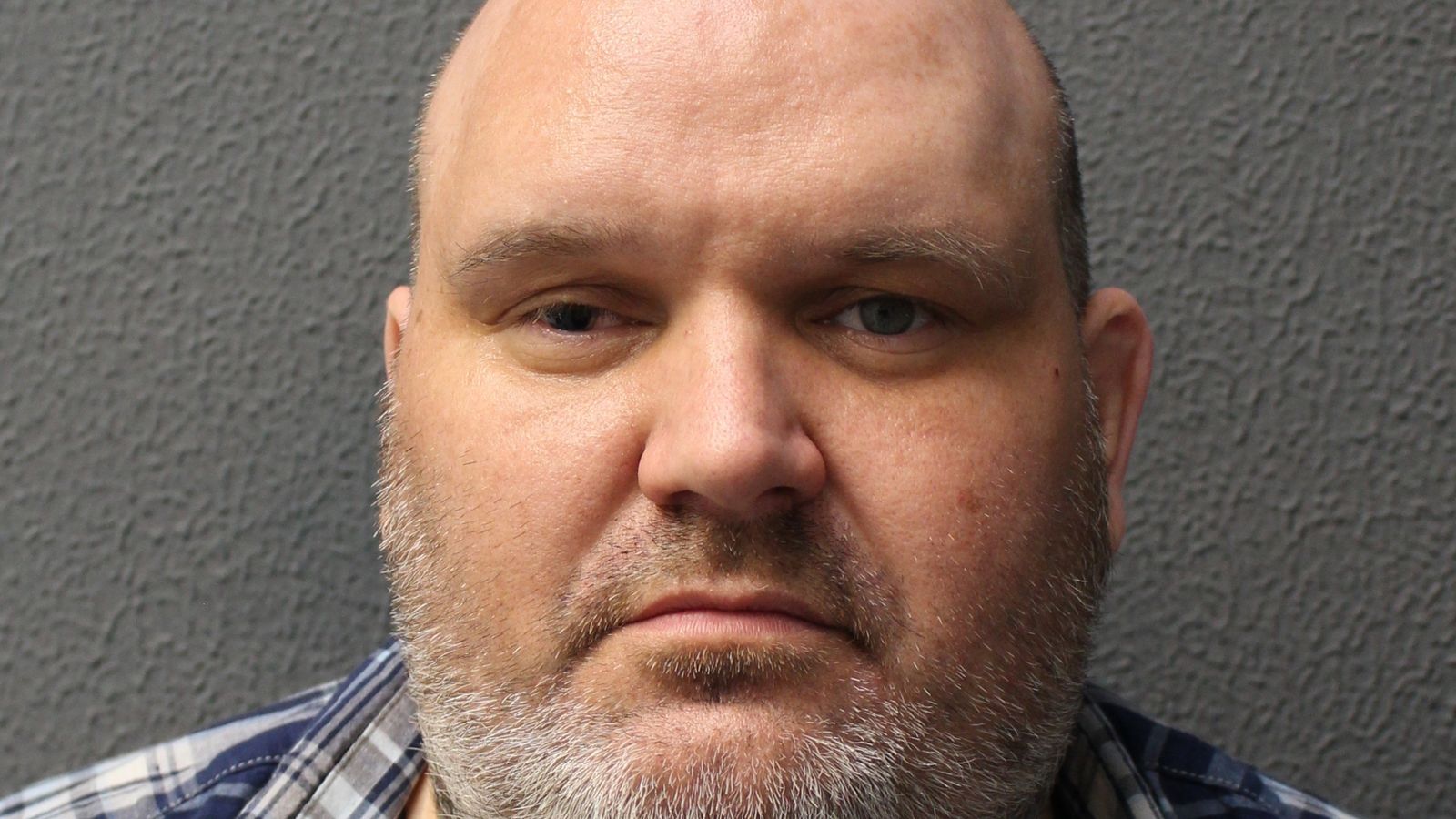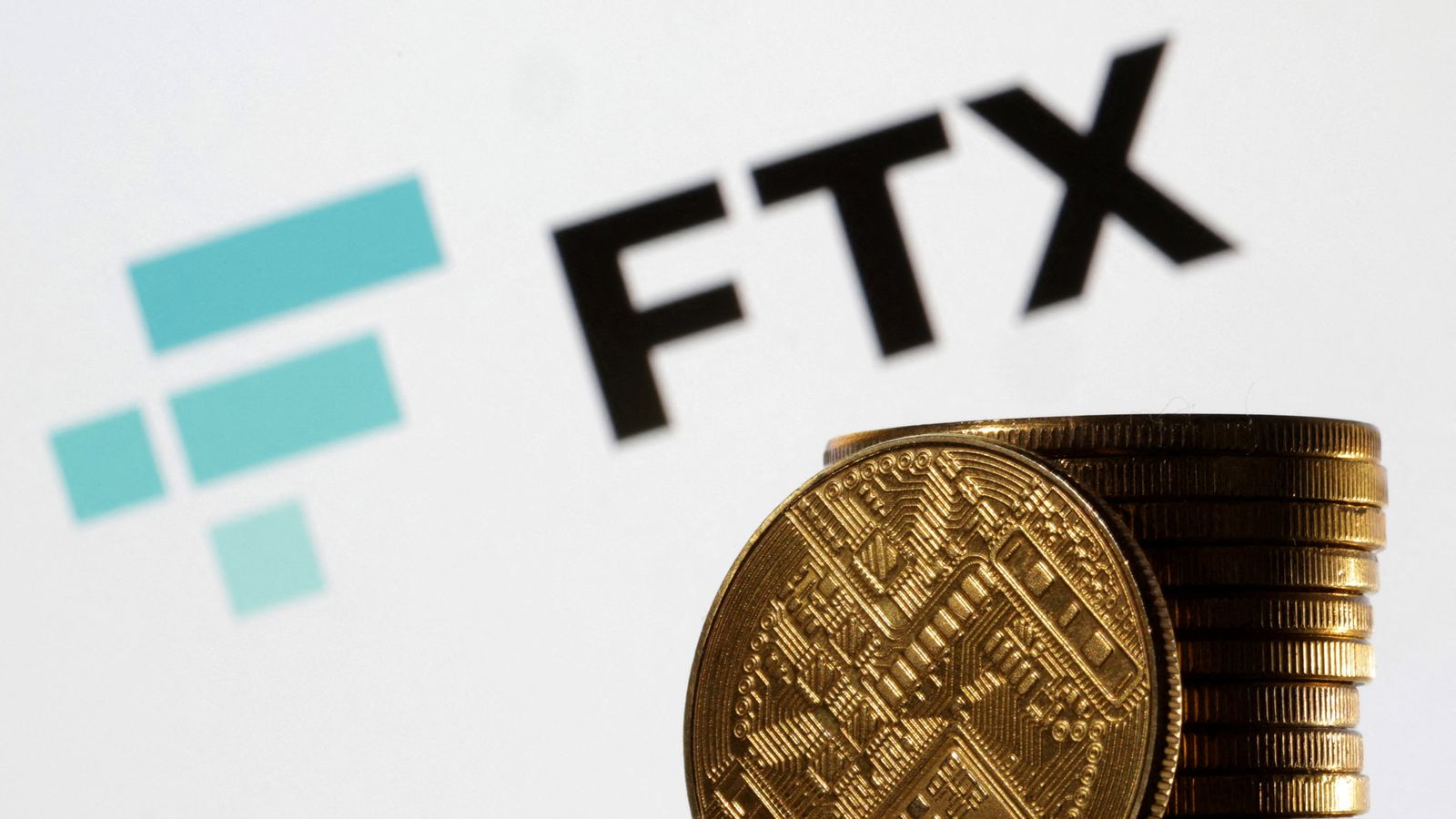Sexual harassment, online sexual abuse and sharing nude photos are becoming “normalised” among school children according to a review by Ofsted.
The chief Inspector of schools says she was “shocked” after her discovering teachers, government, and indeed Ofsted itself, were under-prepared for the scale of sexual abuse among children.
Ofsted’s inspectors visited 32 state and private schools and spoke to over 900 young people.
Ninety percent of the girls and 50% of boys said that being sent unwanted explicit pictures or videos happened “a lot” or “sometimes”.
Inspectors were also told that boys sometimes collected ‘nudes’ of the girls and shared them on social media.
The children interviewed said that sexual harassment and sexist name-calling occurs so frequently that it has become “commonplace”.
The review recommends education leaders act on the assumption that sexual harassment is happening in their schools, even if they do not think they have a problem.
The report found that children “often don’t see the point of challenging or reporting this harmful behaviour because it’s seen as a normal experience”.
But girls were frustrated that there wasn’t clear teaching of what constitutes acceptable behaviour. One female pupil told inspectors: ‘It shouldn’t be our responsibility to educate boys’.
Amanda Spielman, Her Majesty’s chief inspector, said: “This review shocked me.
“It’s alarming that many children and young people, particularly girls, feel they have to accept sexual harassment as part of growing up.
“Whether it’s happening at school or in their social life, they simply don’t feel it’s worth reporting.
“This is a cultural issue; it’s about attitudes and behaviours becoming normalised, and schools and colleges can’t solve that by themselves.
“The government needs to look at online bullying and abuse, and the ease with which children can access pornography.
“But schools and colleges have a key role to play. They can maintain the right culture in their corridors, and they can provide relationship, sex and health education that reflects reality and equips young people with the information they need.”
Responding to the review the Department for Education said better safeguarding guidance will be introduced and schools will be supported to recognise sexual harassment and abuse and teach confidently about issues of consent and healthy relationships.
Education secretary Gavin Williamson said: “Ofsted’s review has rightly highlighted where we can take specific and urgent action to address sexual abuse in education.
“But there are wider societal influences at play, meaning schools and colleges cannot be expected to tackle these issues alone.”
The report was commissioned after the website Everyone’s Invited recorded thousands of testimonies from children, mostly girls, who claimed to have been abused by their peers.
Its founder Soma Sara has revealed it has had contributors from 3,000 schools – which is three quarters of all secondary schools in the UK.
Ms Soma told Sky News: “This reinforces the shocking reality that rape culture is everywhere, including all schools.
“The schools we should be worrying about are the schools not mentioned on Everyone’s Invited. Because it will be happening in those schools too, but they might not realise they have a problem.”
Helen Pike is Master of Magdalen College School, Oxford which was one of the first named by Everyone’s Invited.
She told Sky News: “It was a very upsetting experience. It was real moment of realisation and a window into some elements of teen life that had been troubling us for some time.”
But she warned against seeing this as a ‘Me Too’ moment for school children.
“I would say it is quite different from the ‘Me Too’ movement in a fundamental way which is that, I’m working with children, both the boys and the girls here, go into this in a very specific context and I think, as the Ofsted report really sensibly says, there is a danger of over criminalising children and quite unfortunate demonising parallels have been drawn here.
Follow the Daily podcast on Apple Podcasts, Google Podcasts, Spotify, Spreaker
“I think we need to look at cultures and environments in which young people, and particularly boys, make unfortunate and sometimes illegal decisions.”
When young people were asked where sexual violence occurred, they typically talked about unsupervised spaces outside of school, such as parties or parks without adults present, although some girls said they also experienced unwanted touching in school corridors.
Many teachers said they do not feel prepared to teach outside their subject specialism, or lack knowledge on topics like consent, healthy relationships and sharing of sexual images.


